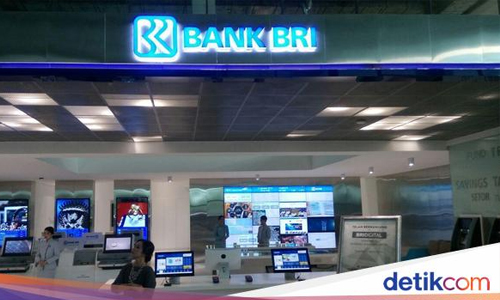By creating and implementing a Credit Guarantee Scheme that facilitated private-sector lending, the project contributed to building a more resilient and inclusive financial system in Timor-Leste, resulting in improved access to finance for its people.
— Timor-Leste —
inclusive. empowering. solutions.






Loan Guarantee Scheme: Strengthening Financial Inclusion in Timor-Leste’s Rural Economy
"Creating employment opportunities and reducing poverty" - Anon
Challenge
We conducted a policy analysis to identify the best ways to improve the financial inclusion of the rural and agricultural communities in Timor-Leste. We considered the international best practices and the specific context of Timor-Leste, such as its culture, economy, society, politics, and the internal and external factors that affect its development. Timor-Leste has a dualistic economy, with a large gap between the agricultural and non-agricultural sectors. Most people depend on subsistence farming, while a few micro- and small enterprises operate in the non-farming sector. The financial system is underdeveloped and does not provide sufficient services or access to finance for rural and agricultural communities.
Strategy
To increase financial access for underserved segments, our Financial Sector and Risk expert proposed establishing a Government Loan Guarantee Scheme to partner with private sector actors. The plan detailed the critical aspects of the scheme, such as its operational model, implementation strategy, monitoring and evaluation framework, and review and adjustment mechanisms. The plan also provided a policy analysis of addressing the potential moral hazards that could emerge from credit guarantee schemes and ensuring they are well-aligned with the intended beneficiaries.
Our process ensured that the financial needs and preferences of the communities, especially the most vulnerable, were considered in the policy-making process by fostering a cooperative and evidence-based dialogue among various stakeholders.